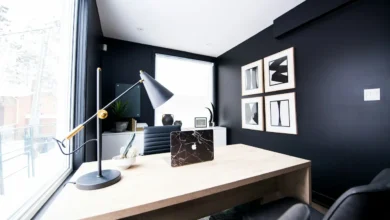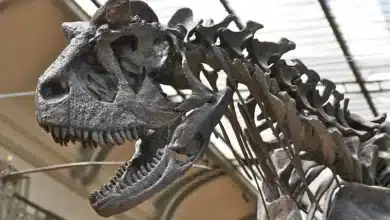From Law to Eco-Commerce
During maternity leave, Brisbane-based Janina Byrne took a chance on an eco-friendly import company and hasn’t looked back.
What’s the name of your company, and what do you do?
My company is called EnviroTrend Pty Ltd, and it designs, creates, imports, and distributes a range of ecofriendly products as well as compact and practical products for shopping, travel, and leisure.
How long have you been in business?
We’ve been in business for seven years. Prior to that, I was working as a solicitor.
How did the idea for your business come about?
I was already involved in another business which, as part of a family business, designed and manufactured products in China for sale in Europe. While on maternity leave in the lead-up to the birth of my third child, I found myself at a loose end and decided to explore a gap in the market – the lack of attractive “green” bags. While being environmentally conscious was always important to me, I was not fussed about toting around ordinary green bags – especially outside the supermarket! EnviroTrend’s® first product, the EnviroShopper™ was designed as a stylish alternative to supermarket green bags and was an instant hit.
What has been the most difficult challenge you’ve had to overcome?
Juggling work and family and finding the right balance is always a challenge. It has meant adapting as the needs of the family change. In particular overseas travel to meet suppliers and distributors can be a challenge and juggling act, not to mention an organizational feat!
What has been the most effective form of advertising for your business?
Editorial, direct marketing, and industry events/trade fairs have proven to be the most effective way to promote our products. Since our main business comes from wholesale sales to retailers aiming our marketing to them is most effective. At particular times of the year like Christmas, we also do quite a lot of sales to consumers so focusing the advertising to suit the season is also effective.
How important is social media to your business?
We are active on social media and it is an important tool for our business. We like to create awareness and share funny things as well.
What do you think the Federal or State Government could do to help make it easier for small businesses?
Initiatives like the current ability to deduct higher sums for purchases of plants and equipment are very helpful for small businesses. Previously there were concessions on import duties on eco-friendly products or materials. These were helpful and I would like them brought back in again.
What are your plans to expand the business?
We are looking for more international distributors. In particular large markets like China with its growing middle class. While China manufactures such a large proportion of the world’s goods, most are exported and not available in China. We are also looking at third-party products to distribute to complement our own range.
Is there anything else you’d like to add?
Envirotrend® is all about practical solutions and multiple uses for each product. As our lives get busier, and our homes get smaller living in large cities, we like nothing more than clever solutions to daily needs. That’s why most of our products are compact and fold up in some way, and have more than one use. The SAKitToMe™ Tote isn’t just a replacement for plastic bags at the supermarket. It’s great as a swimming or beach bag. Our new Pack ‘n Go Collection has your needs covered from grocery shopping to a weekend away and doesn’t take up a lot of space.
So we would love to make life easier for all Nett readers and offer a 30% discount on our website – www.envirotrend.com.au – until 31 August 2015.
Simply add code: NETT when checking out to receive the discount.





